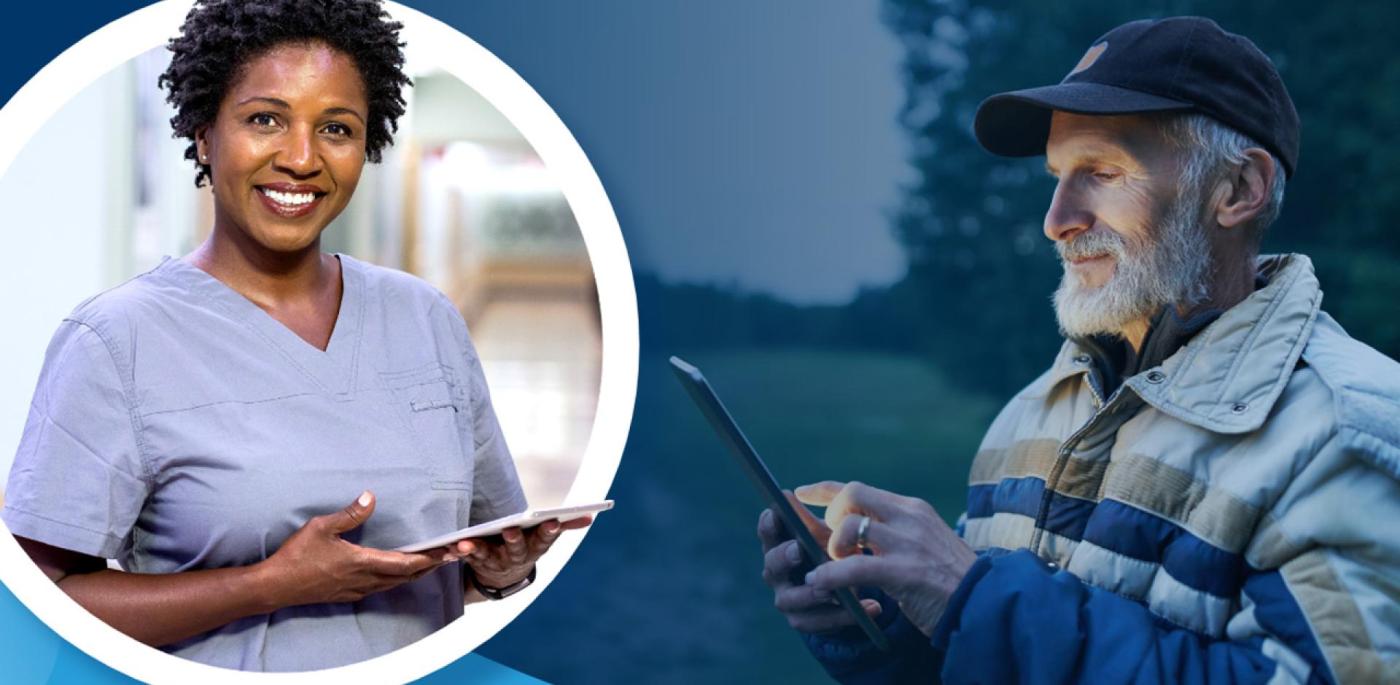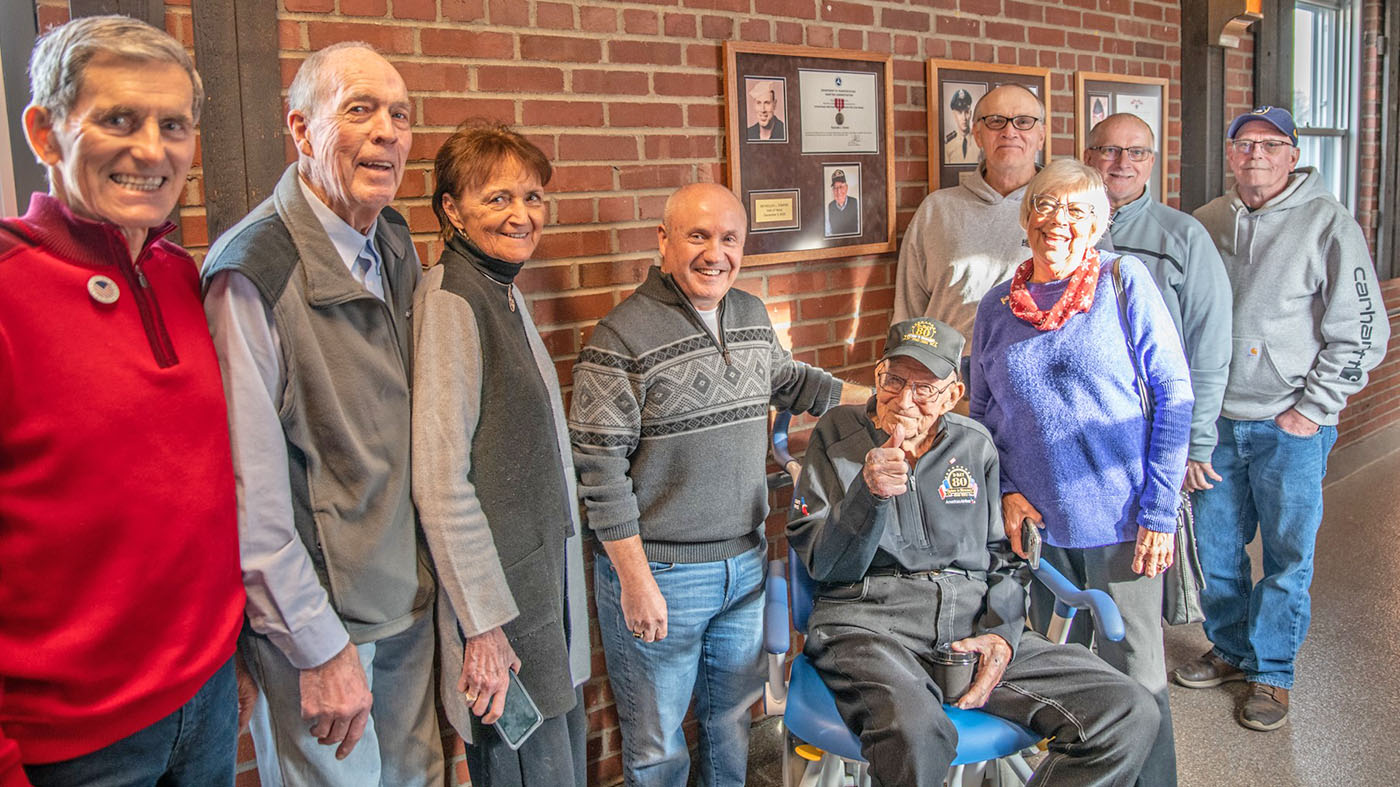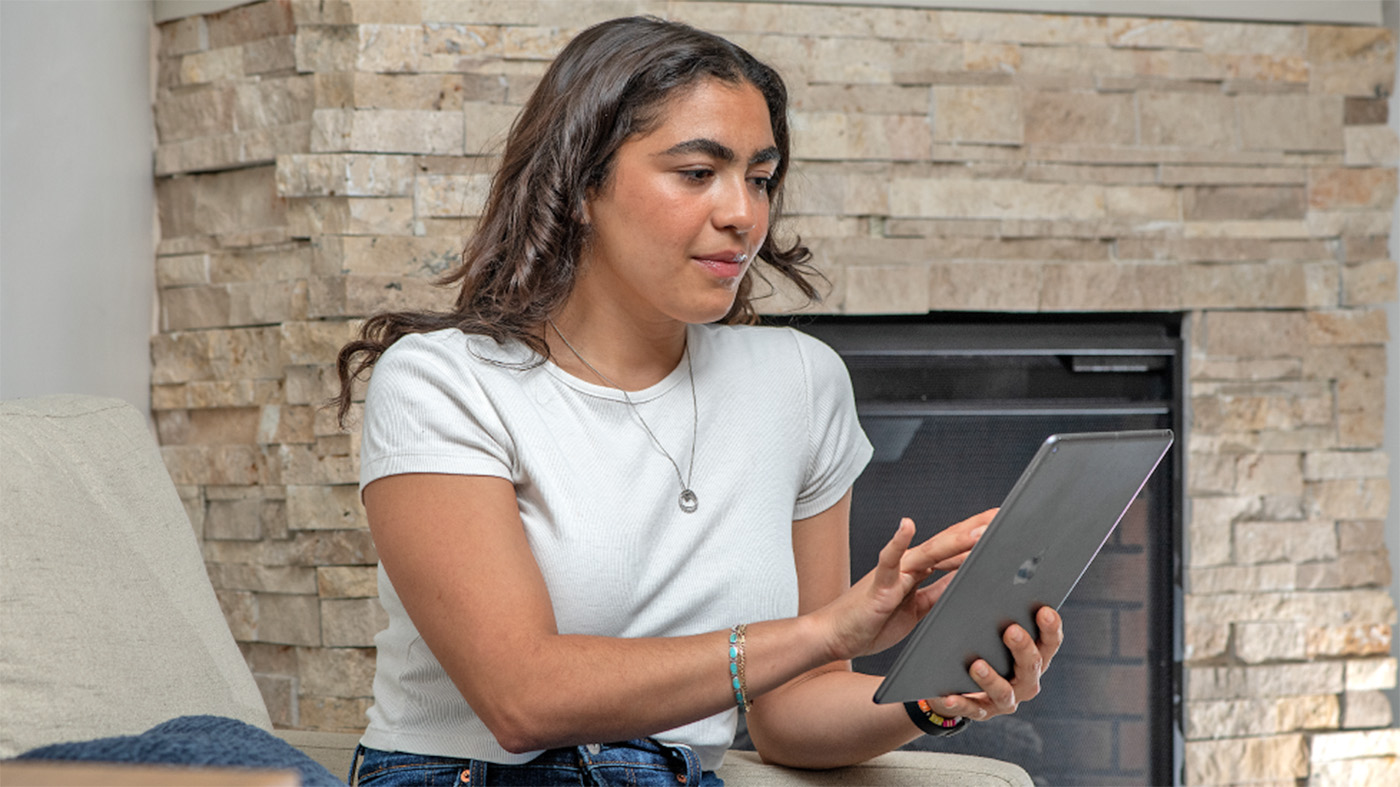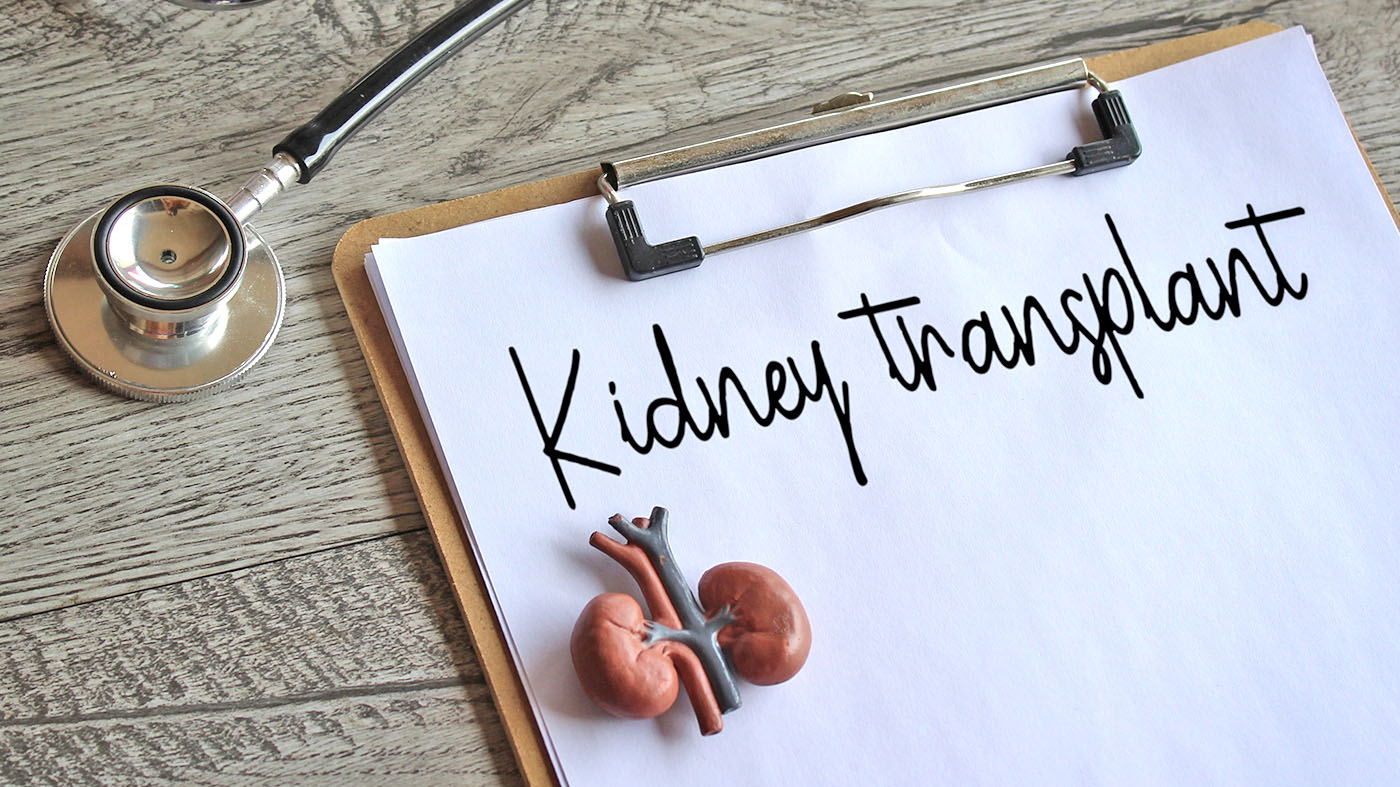Seeing a doctor can be a challenge for people living in rural communities. Whether it’s because of a provider shortage, distance to a hospital or lack of broadband, it’s not always easy to get care when you need it. That’s why VA is making it easier than ever for Veterans to access health care.
Nearly five million Veterans live in rural areas, and more than half of them have medical conditions related to their military service. For years, VA has administered programs to help these Veterans get to their medical appointments, including paying for travel costs, a national transportation network and awarding grants for highly rural areas. VA also pioneered use of telehealth to deliver health care to Veterans from the comfort of their homes.
But telehealth doesn’t always seem like an option for everyone. The first step is to apply for VA health care online by calling 877-222-8387, or by visiting the nearest VA medical center.
There are several programs to help eligible Veterans receive access to telehealth. For example, if a Veteran doesn’t have a device with internet access, VA can lend them an internet-connected tablet so they can connect with their VA care team.
Veterans can meet with their VA provider using the VA Video Connect app with less worries about incurring data charges on AT&T, SafeLink by TracFone, T-Mobile and Verizon. The participating mobile networks will automatically recognize when Veterans, their family members or caregivers are using VA Video Connect.
Some Veterans may be eligible for a discount on home internet or phone service through two Federal Communications Commission programs: Lifeline and the Affordable Connectivity Program.
Finally, in certain rural communities, VA has teamed up with public and private organizations to establish telehealth sites in the community. At these Accessing Telehealth through Local Area Stations (ATLAS) sites, Veterans will find comfortable, private spaces with internet access and technology for VA telehealth visits.
VA provides benefits and services to those who have served in the U.S. armed forces. Yet, it’s important for all Americans to have access to physical and mental health care. That’s where the Rural Partners Network comes in. Visit https://www.rural.gov/ to learn about federal programs to help all those living in rural communities.
This guest post originally published on the Rural Connections Blog on Sep. 30, 2022.
Topics in this story
More Stories
Veteran Reynolds Tomter, an inductee in the Hall of Heroes, served in the Merchant Marines in WWII.
You don’t have to be enrolled in VA benefits or health care to use many VA suicide prevention resources and sources of support
Army Veteran Gregory Zielsdorf recounts his experience on the kidney donor list and through the transplant surgery.







Notice how the veteran is outside in the cold??? That’s how it worked out for me, signal wasn’t strong enough inside the house.
The doctor suggested that I drive to the nearest McDonald’s so I could get wifi so we could talk about my private health issues. Brilliant.
Easier to have the appointment in person or by phone.
I don;t see anything that wor
ks for culturally deprived veterans with no high speed internet, no g5 not even g4, not even g2: NO CELL SERVICE!
THEY ALSO HAVE A GOVERNMENT THAT DOESN’T seem to CARE.